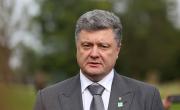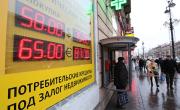Sovereign Wealth Funds are Still a $7 Trillion Gorilla
March 7, 2015
Sovereign wealth funds swelled to a $7 trillion investing gorilla on a rich diet of oil windfalls, so it makes sense that they would lose some punch as oil prices fall. Marc Faber, a Barron’s Roundtable member and the editor of The Gloom, Boom & Doom Report newsletter, stressed at this year’s Roundtable that a tapering of sovereign-fund earnings would undermine global demand for securities in coming years.








